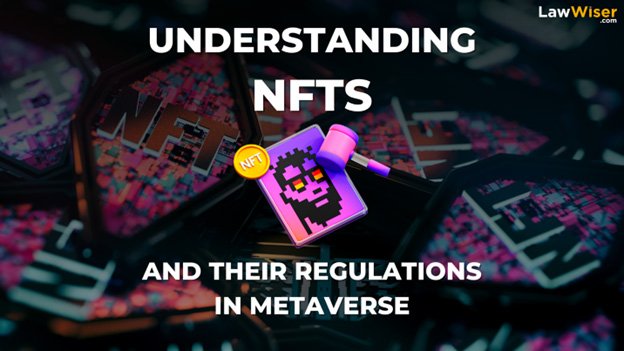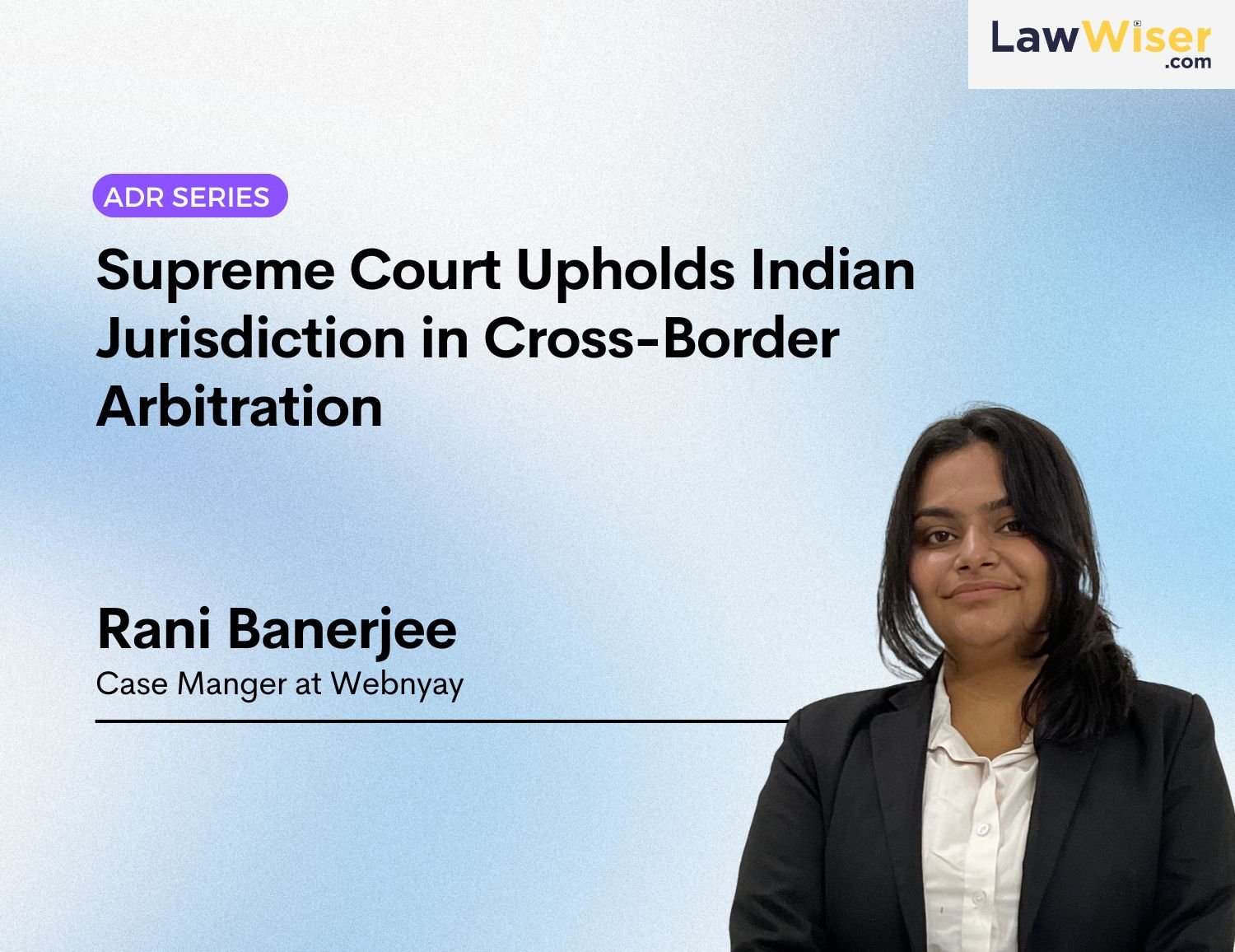A lawsuit in India refers to a legal dispute between parties that is brought before a court for resolution. It involves the initiation of formal legal proceedings by one party (the plaintiff) against another party (the defendant) seeking legal remedies or redress for a perceived wrong or injury. Lawsuits can arise in various contexts, including civil, criminal, administrative, or constitutional matters. Civil lawsuits typically involve disputes over contracts, property rights, torts, family matters, or administrative decisions, while criminal lawsuits involve the prosecution of individuals accused of committing criminal offences. Administrative lawsuits challenge the actions or decisions of government agencies or officials, seeking judicial review or relief. Constitutional lawsuits involve the interpretation or enforcement of constitutional rights and principles. The process of filing a lawsuit involves drafting a legal complaint or petition outlining the plaintiff’s claims, serving the complaint on the defendant, and initiating court proceedings. The defendant then responds to the complaint by filing an answer or a counterclaim, presenting their defences and counterarguments. The court oversees the litigation process, scheduling hearings, facilitating discovery (exchange of evidence), and ultimately adjudicating the dispute based on the facts and applicable law. Lawsuits may be resolved through settlement negotiations, alternative dispute resolution mechanisms such as mediation or arbitration, or trial proceedings, where the court issues a judgement or verdict. Lawsuits play a vital role in the legal system by providing a forum for resolving disputes, enforcing legal rights, and upholding the rule of law, ensuring that individuals and entities have access to justice and accountability.
Don’t have an account? Sign Up
Share
Write a Reply or Comment Cancel reply
CONTINUE READING
TWITTER FEED
- Congratulations to @VivekSoodDelhi for being recognised as ‘Emerging Senior Counsel of the Year’ at #UKILP… https://t.co/oHwBtL5geH
- Wishing you a Merry Christmas and a Happy New Year from all of us at LawWiser!#christmaseve #newyears https://t.co/ax6VOHyUcj
- Watch @AvaniShukla27, Associate- Content & Collaborations, LawWiser to learn about the recent landmark verdict give… https://t.co/OZnf0Z9PJr
- We are delighted to share that our Co-founder @LavanyaBehl1 is featured in the 30 people to watch in the… https://t.co/wmMrtvduKk
- Sanjeev Sachdeva has rejoined Luthra and Luthra Law Offices India Leadership team as Mentor and Partner. Read More… https://t.co/7F1M8p4w23
LINKEDIN FEED
- See you tomorrow at LawWiser Sip & Paint event, Co-hosted by Desai & Diwanji. #legal #law #lawfirm
- Wishing you a Happy Republic Day from all of us at LawWiser! #republicday #constitutionofindia
- Catch a glimpse of the vibrant moments from our previous Sip & Paint event.#legalevents #lawfirm #generalcounsel
- Exploring Essential Business Documents! In our latest video, we delved into crucial documents vital for every business journey: https://lnkd.in/d-vYuDDs
- From shaping ethical business practices to ensuring social justice, law plays a pivotal role in our world. Get ready to explore how legal frameworks empower businesses and create positive societal change.#staytuned #legal #lawforchange #changemakers



 June 8, 2024
June 8, 2024







 July 7, 2025
July 7, 2025 0 COMMENTS
0 COMMENTS



